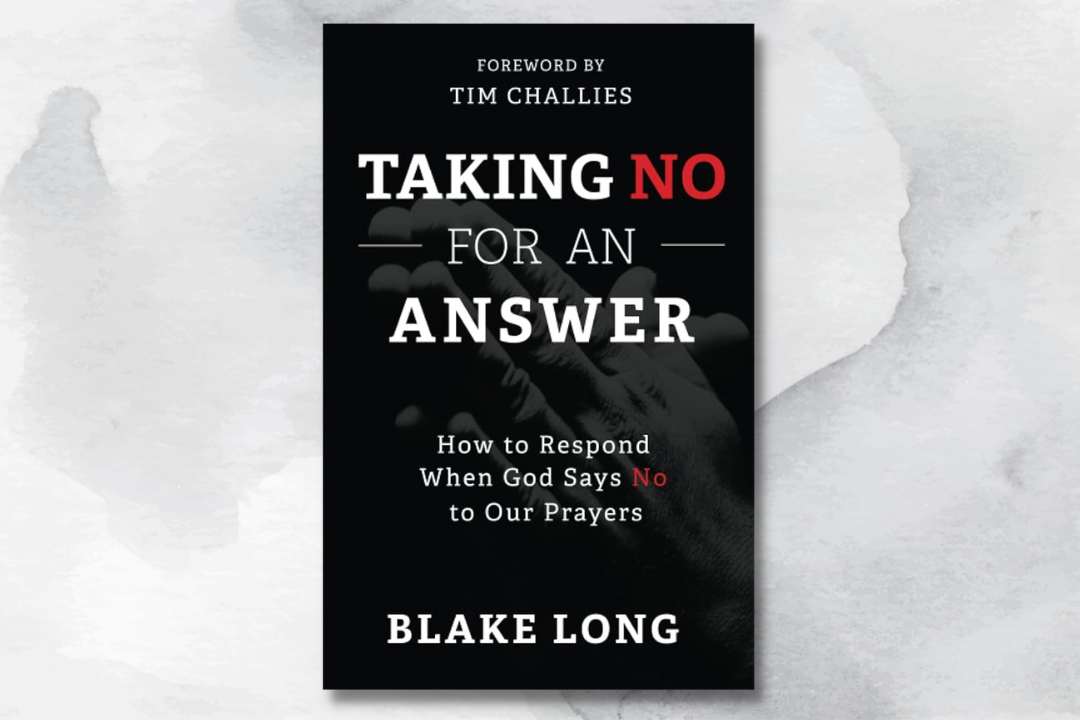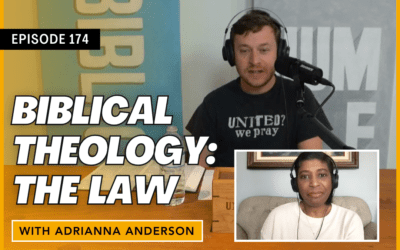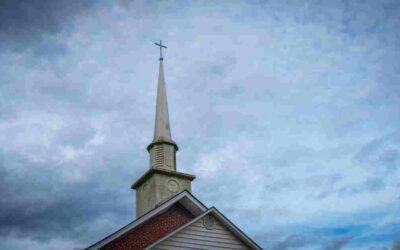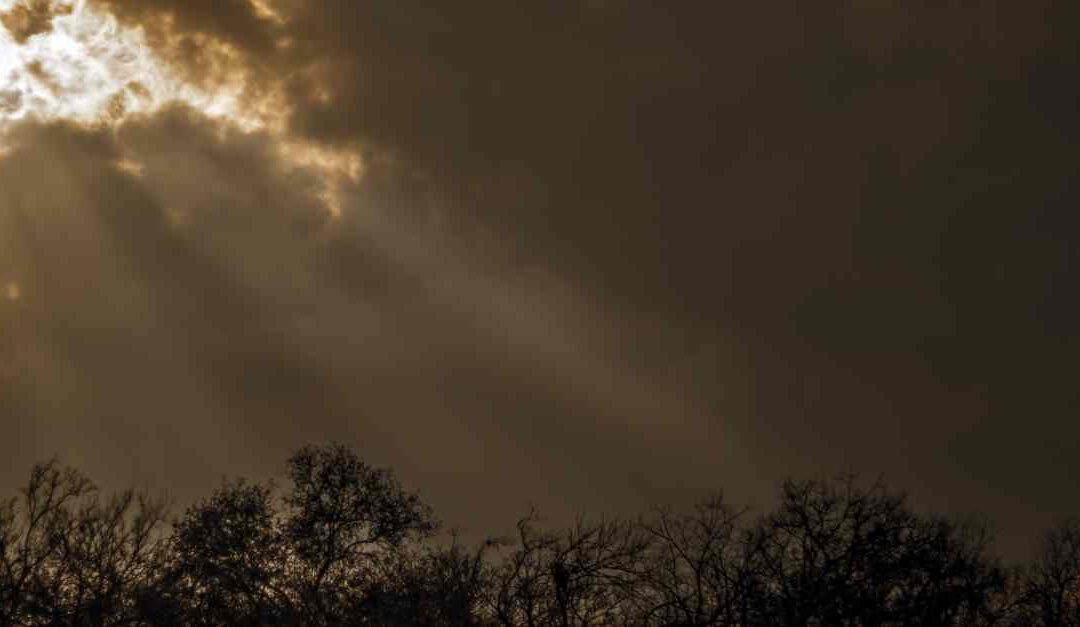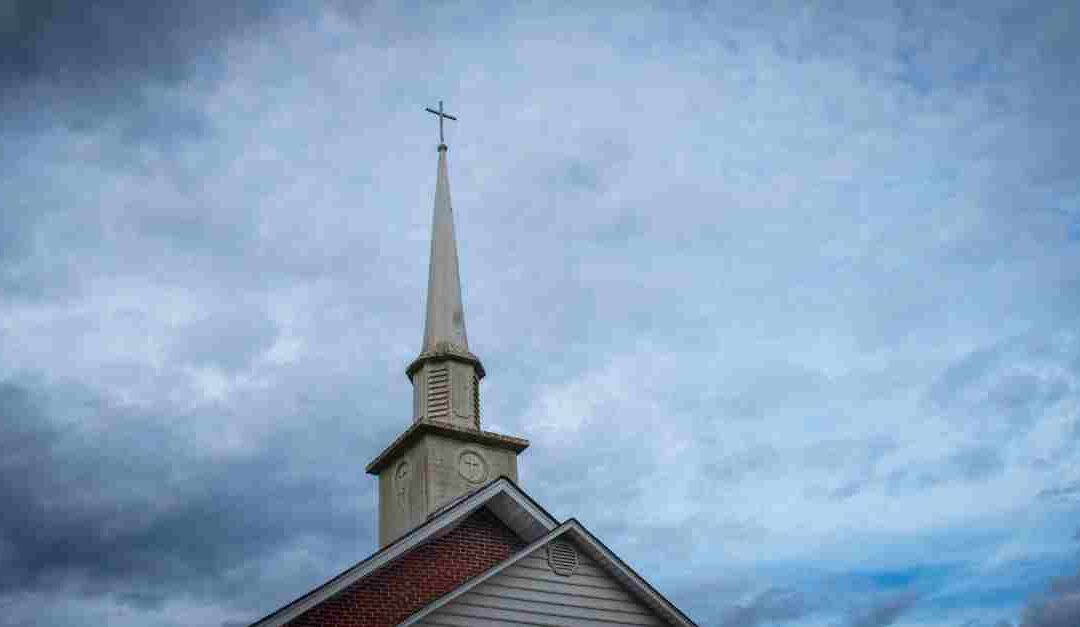United? We Pray is a ministry about prayer. Specifically, we are a ministry helping Christians pray and think about racial strife. We long for the day when this ministry will no longer be needed. But for many years, God has answered the prayers of His people for ethnic harmony in meaningful but incomplete ways. What are we to make of that?
Blake Long has written a book that helps answer that question. Though not specifically about race or ethnic harmony, Taking No For An Answer: How to Respond When God Says No to Our Prayers (Theology and Life, 2023) is a book about unanswered prayer. More specifically, it is a book about God. Long reminds us that unanswered prayers do not mean that God is unattentive or uncaring. He encourages readers from Scripture to trust God when we do not get the answers we want.
Long shares personal, painful experiences of both answered and unanswered prayer. His experience when combined with the instruction he offers show that he is no impartial observer, telling readers to suck it up and deal with disappointment. Rather, he models trust in the character of God amidst difficult, heartbreaking circumstances.
In this way, Long especially helps Christians who care about justice in an often unjust world. Those of us who desire ethnic unity are so often disappointed when such unity does not materialize. We risk becoming embittered or jaded. Long offers a more hopeful way forward, detached from whether we get the outcomes we desire.
Reminders from Scripture
Long shares his own experiences, but does not teach from them. He teaches from the Bible. Long shares numerous examples of unanswered prayers from Scripture. David prayed that his son would live. Paul prayed that his thorn in the flesh would be removed. Jesus prayed that the cup would pass from him. In each case, the Father had a different plan.
With each of these examples, Long does not discourage readers from praying for specific things, but encourages readers to pray along with those prayers, “Thy will be done.” This particular piece of advice is the antidote to bitterness and cynicism. Trusting that God is at work and knows what we need better than we do is the essence of faith. Though it may not be easy, Long makes it clear.
Redirecting Desire
When we desire certain outcomes, oftentimes we are desiring good things. We want justice. We want unity. We want to feel better about our churches and our world. But Long encourages readers to desire the best thing—God Himself.
Long reminds us that when God answers a prayer with, “No,” He is not cutting us off. We still have Him. And, sometimes, that is why we do not get what we want. It may be that our disordered desires fool us into thinking that good things are the best things. Could it be that our desire for unity has eclipsed our satisfaction in God alone? Long suggests that if we distrust God because He has not yet answered our prayers, the answer is yes.
Responding in Faith
After gently correcting readers on ways we might be tempted to distrust God for not answering our prayers, Long changes course at the end of the book by examining the parable of the persistent widow (Luke 18). Jesus tells this parable so that his disciples would not lose heart, but would keep praying.
With this turn, Long reminds us that our problem with unanswered prayers is not the requests, themselves. The problem is our faithless response when we question the character of God. The best course of action when we are confused about our unanswered prayers is not to run from God, but to run to Him.
While not writing specifically to bridge builders, Long has much to offer those who long for more ethnic unity. We should trust the goodness of God and lean on His promises to make all things new and unite His people from every tribe and tongue around the throne of the Lamb. I found myself freshly convicted and encouraged by reading this book and would encourage you to read it to be encouraged in your own prayer life.
Prayer Requests:
- Confess ways you have responded faithlessly to unanswered prayer.
- Ask God to help you trust His heart when you cannot see His hand.
- Pray for help to keep praying for good things and trust God with the outcome.

